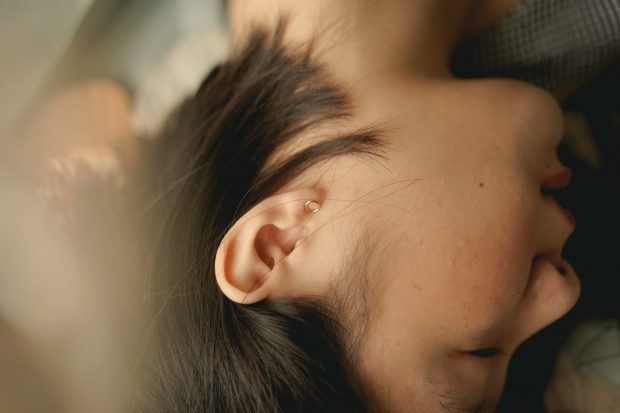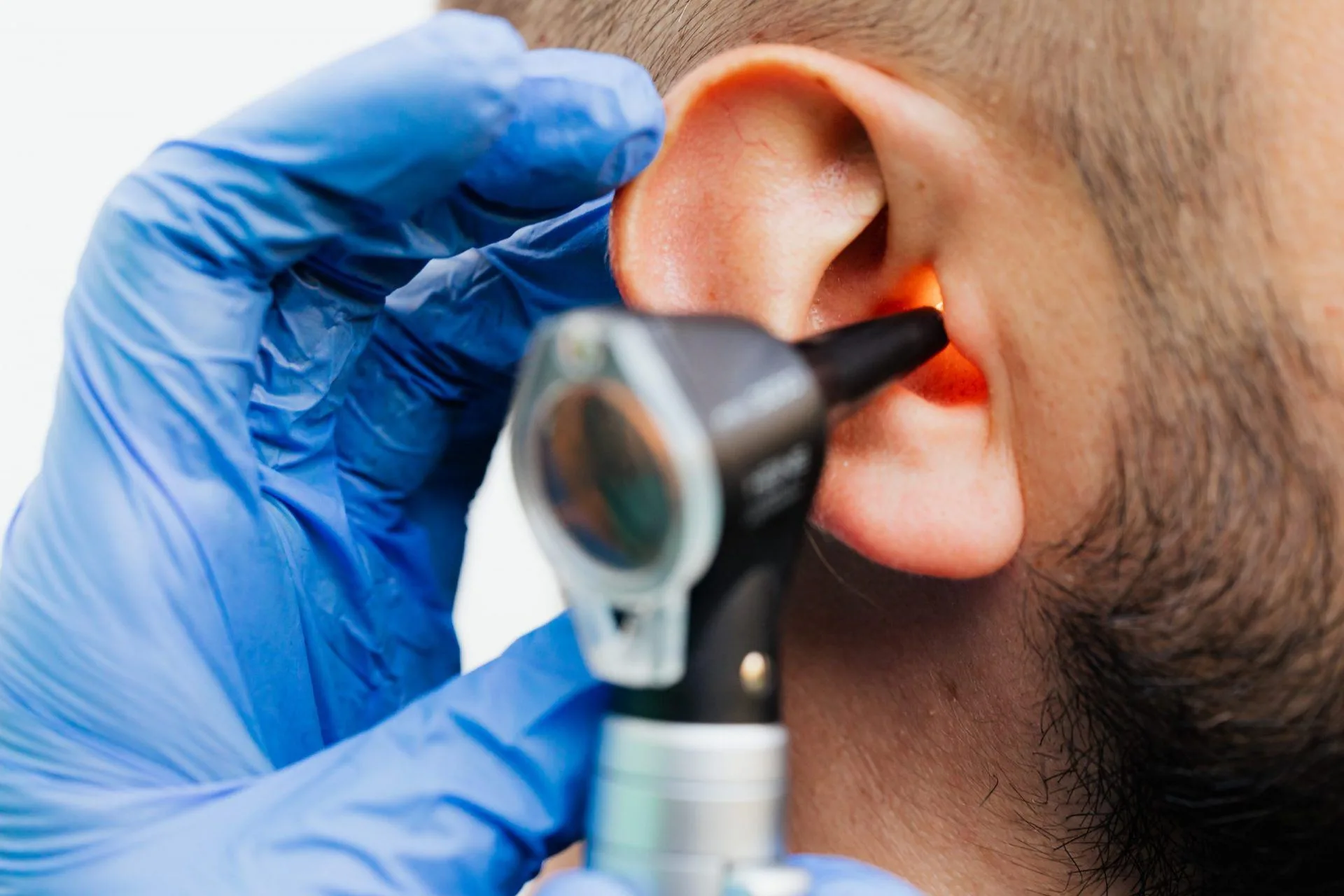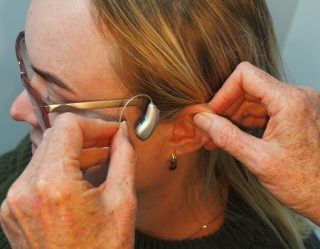Hearing loss refers to loss of the ability to hear, and it can happen in either one or both of the ears. It ranges in severity from person to person and can be caused by a variety of different things.
Loss of hearing or deafness affects around 5% of the global population, and it can severely impact a person’s quality of life. Depending on the cause, there are treatments and hearing aids available to help those with hearing loss.
Learning about the symptoms of hearing loss and the different types of hearing loss will make it easier to identify them in yourself and in others. It will also enable you to communicate effectively with those who are hard of hearing or have lost their hearing altogether.
In this article, we’re going to cover some of the main types, symptoms, and risk factors for hearing loss, as well as some of the methods of prevention.
Types of Hearing Loss
There are three types of hearing loss – conductive hearing loss, sensorineural hearing loss, and mixed hearing loss. Each one affects different areas of the ear and results in different severities of hearing loss.
Conductive Hearing Loss
This type of hearing loss is usually caused by obstructions or blockages in the outer ear or the middle ear. Obstructions can be caused by a build-up of earwax, fluid, or a tumor inside the ear.
Regardless of what is causing the blockage, it results in reduced hearing or muffled hearing because fewer sound waves are able to travel into the inner ear. Most of the time, the obstructions can be removed surgically to open up the middle ear and enable more sound waves to enter.

Photo by Jessica Flavia on Unsplash
There are two main types of conductive hearing loss:
- Otosclerosis – this causes the cochlea (which sits in the inner ear) to push against the stapes bone, one of the three tiny bones in the middle ear. This can seriously affect hearing and the ability to interpret incoming sound waves.
- Cholesteatoma – this type of conductive hearing loss occurs when tissues within the ear grow abnormally. Sometimes, ear infections can stimulate this abnormal growth, and it can damage the structures within the ear.
Sensorineural Hearing Loss
The most common form of hearing loss is sensorineural hearing loss. It results from problems in the inner ear, whether it is damage to the structures, nerves, or hairs in the area.
Sensorineural hearing loss usually appears early on in life and has genetic roots. However, it can also be seen in the older population due to aging. Being exposed to constant loud noises over the course of your life can also contribute to this form of hearing loss.
As with conductive hearing loss, sensorineural hearing loss can be treated surgically or medically.
 Mixed Hearing Loss
Mixed Hearing Loss
As the name suggests, mixed hearing loss refers to a mixture of both conductive and sensorineural hearing loss. It is usually caused by physical damage or obstruction in the ear that causes genetically-related or age-related hearing loss to worsen.
For example, if you have been born with a genetic condition that impacts your hearing, and you are then exposed to a lot of loud noise over the course of your life, you may experience mixed hearing loss.
Symptoms of Hearing Loss
Symptoms and signs of hearing loss can vary depending on the type of hearing loss and its severity. One of the defining features of age-related hearing loss is the inability to hear high-frequency sounds, such as whistles or birds chirping.
There are some general symptoms that most people experience with any type of hearing loss.
- Difficulty hearing others during a conversation
- Finding group conversations difficult
- Difficulty understanding what others are saying
- Having to ask others to repeat what they are saying regularly or speak more clearly or loudly
- Finding it difficult to distinguish between similar sounding letters, such as ‘d’, ’t’, and ‘f’
- Needing to turn the volume up on your TV, radio, or phone to hear the sound properly
- Feeling tired after a day of speaking to others and trying to hear what they are saying
- Getting tinnitus (ringing or buzzing in your ears) regularly
Risk Factors of Hearing Loss
Some people are more prone to getting hearing loss than others. Some of the most common risk factors for hearing loss include:
- Aging – over time, the structures in the inner ear can begin to degenerate, resulting in reduced hearing.
- Exposure to loud noises – constant exposure to loud noises can cause damage to the structures within your ear, including the eardrum, bones, nerves, and hairs in the ear cells of your inner ear. Loud noises include noisy machinery on a construction site, explosions, gunshots, motorcycling, snowmobiling, or loudspeakers at gigs and concerts.
- Genetics – some forms of hearing loss are inherited through genes. Certain mutations and genetic conditions can cause the ear to become deformed or damaged from birth, leading to hearing loss.
- Medications – certain medications can damage the inner ear, such as chemotherapy drugs and some antibiotics.
- Infections – being infected by certain viruses or bacteria can cause damage to the ear that is irreversible and results in hearing loss.
Prevention of Hearing Loss
It’s important to protect your hearing at any age. Here are some of the best things you can do to prevent hearing loss:
- Protect your ears as much as possible by reducing your exposure to loud noises and wearing protective earmuffs when needed.
- Go for regular hearing tests to ensure your hearing isn’t getting any worse.
- Seek professional advice if you suspect that your hearing is degenerating.
- Avoid very loud situations, such as concerts, certain sports, or using noisy power tools.
Who is the author?

John Moran
John Moran is an American writer who enjoys the fine art of living well. His interests include anything wine, food, or nature-related, especially when enjoyed with friends and family.



 Mixed Hearing Loss
Mixed Hearing Loss

![women [longevity live]](https://longevitylive.com/wp-content/uploads/2020/01/photo-of-women-walking-down-the-street-1116984-100x100.jpg)









